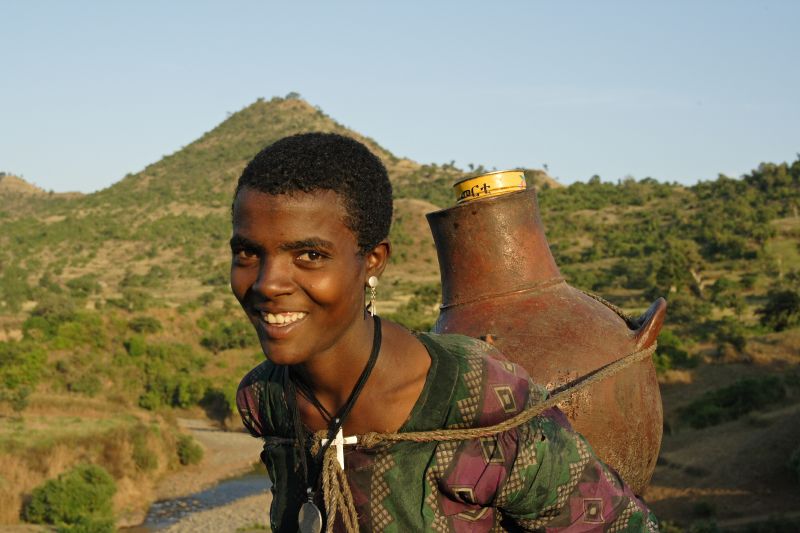 This evening I would like to invite us to meditate on the story of Jacob wrestling with God and to explore those areas in our own lives where we too might be wrestling with God. I will begin by re-reading the story. I will then guide us through a brief meditation using statements, questions and silence for reflection. We will end with a short prayer. So as we begin, feel free to put down your books, relax, close your eyes and make yourself comfortable.
This evening I would like to invite us to meditate on the story of Jacob wrestling with God and to explore those areas in our own lives where we too might be wrestling with God. I will begin by re-reading the story. I will then guide us through a brief meditation using statements, questions and silence for reflection. We will end with a short prayer. So as we begin, feel free to put down your books, relax, close your eyes and make yourself comfortable.“Jacob got up and took his two wives, his two maids, and his eleven children, and crossed the ford of the Jabbok. He took them and sent them across the stream, and likewise everything that he had. Jacob was left alone; and a man wrestled with him until daybreak. When the man saw that he did not prevail against Jacob, he struck him on the hip socket; and Jacob’s hip was put out of joint as he wrestled with him. Then he said, ‘Let me go, for the day is breaking.’ But Jacob said, ‘I will not let you go, unless you bless me.’I am alone in a desert. I have left my family and possessions. I am beside a ford in a river. Ahead of me is God’s promised land. What can I see? What can I hear? What can I smell?
So he said to him, ‘What is your name?’ And he said, ‘Jacob.’ Then the man said, ‘You shall no longer be called Jacob, but Israel, for you have striven with God and with humans, and have prevailed.’ Then Jacob asked him, ‘Please tell me your name.’ But he said, ‘Why is it that you ask my name?’ And there he blessed him. So Jacob called the place Peniel, saying, ‘For I have seen God face to face, and yet my life is preserved.’”
What is the promised land to which God calls me?
I wrestle with things in my life; with myself, my relationships and the decisions that I make. Where is God in my wrestling?
God calls me, he challenges me, God demands things of me that scare me. He wrestles with me. I wrestle with him. What does God want of me?
This is no man, nor angel but God. I will not let him go and he has blessed me and will continue to bless me. How can my life be a blessing to others?
And so, changed by my struggle, I cross the river and walk on into God’s promised land. Back to my life here, to this Church, to one another and to Wimbledon.
Let us pray:
O God, with whom we wrestle until the break of day,
Make us long to see your face
Beyond the limits of our strength;
That in our wounds we may remember you,
And in your blessing
We may find ourselves,
Through Jesus Christ,
Amen.
Prayer from 'All Desires Known' by Janet Morley

